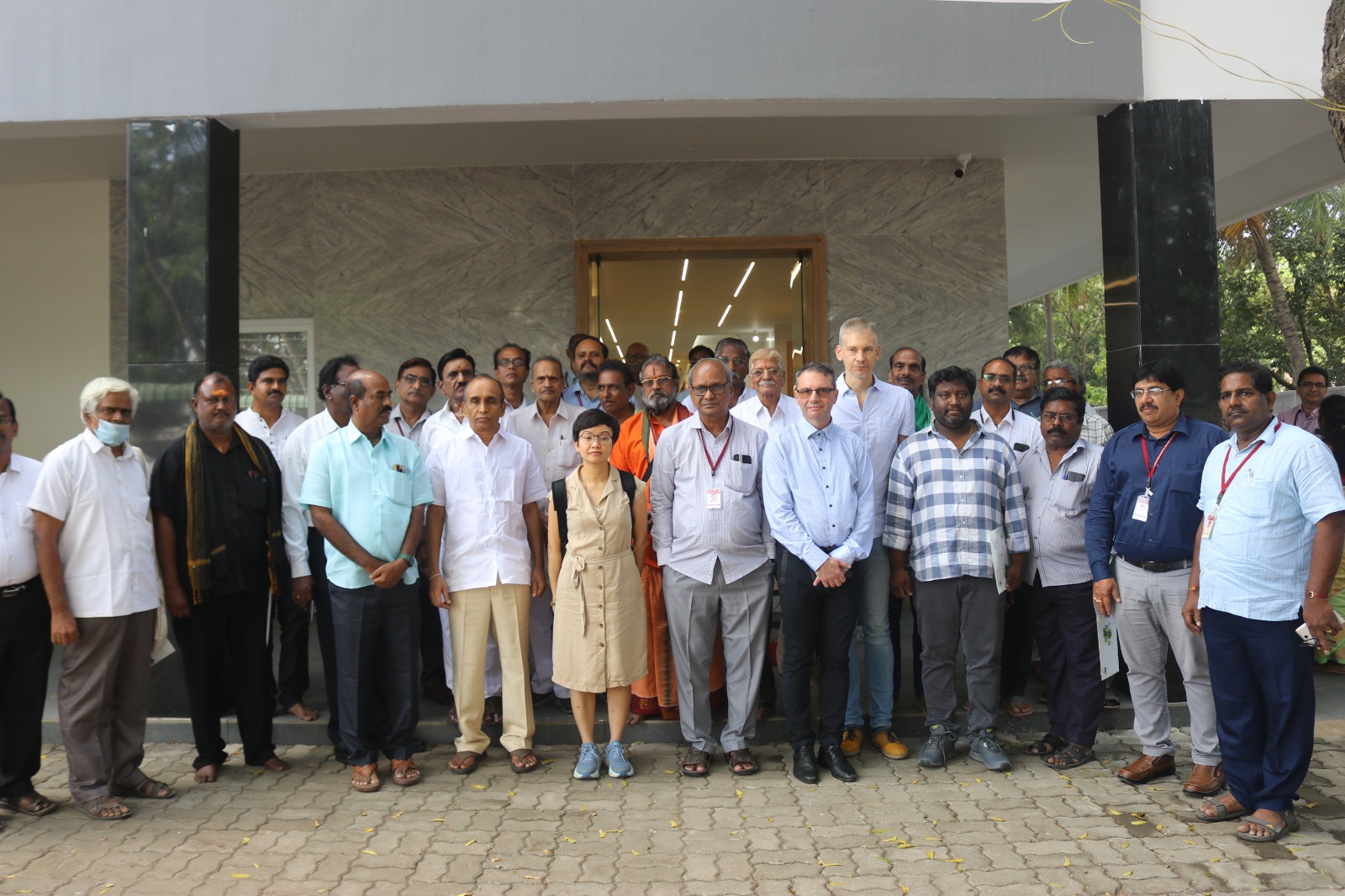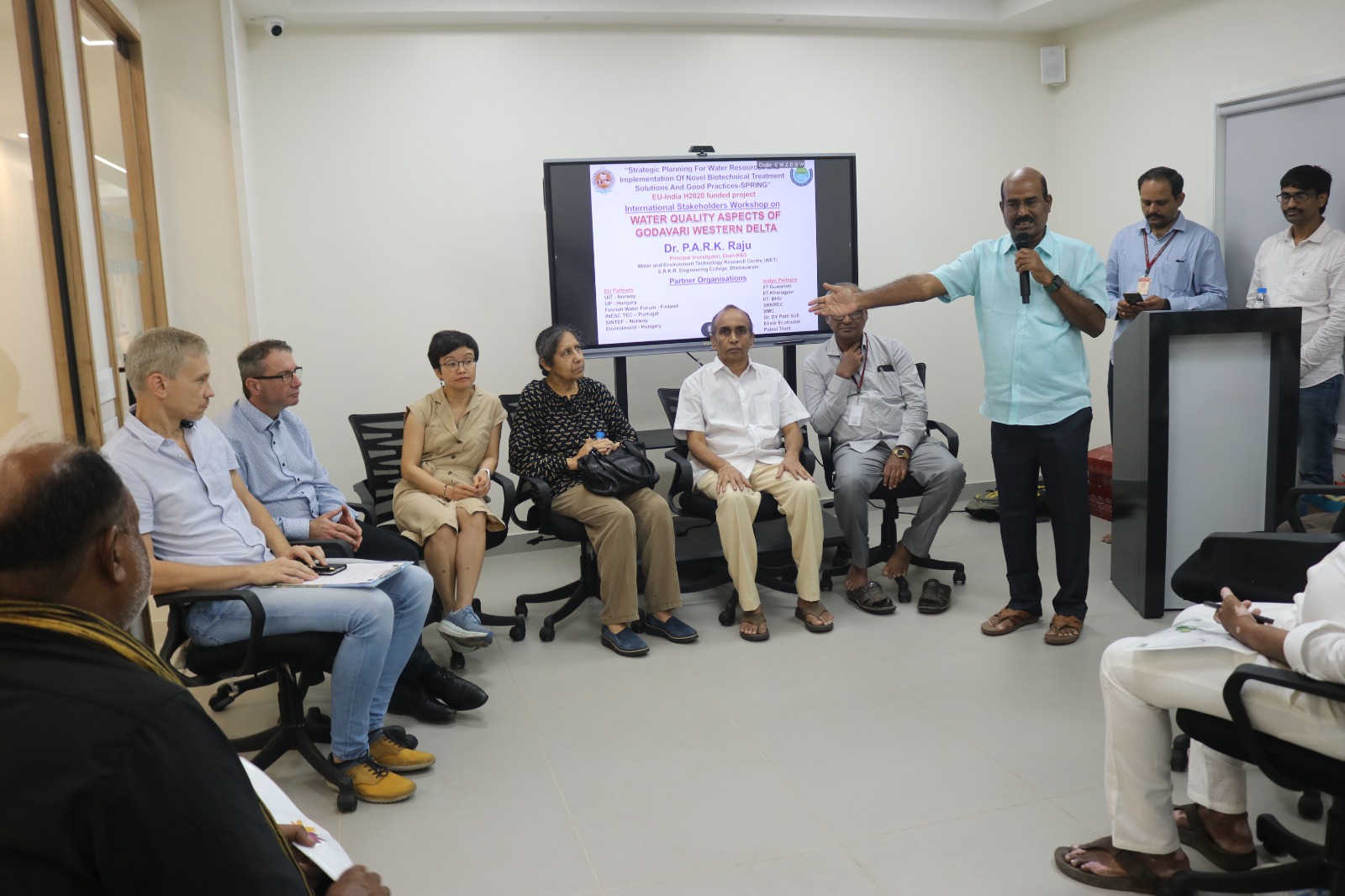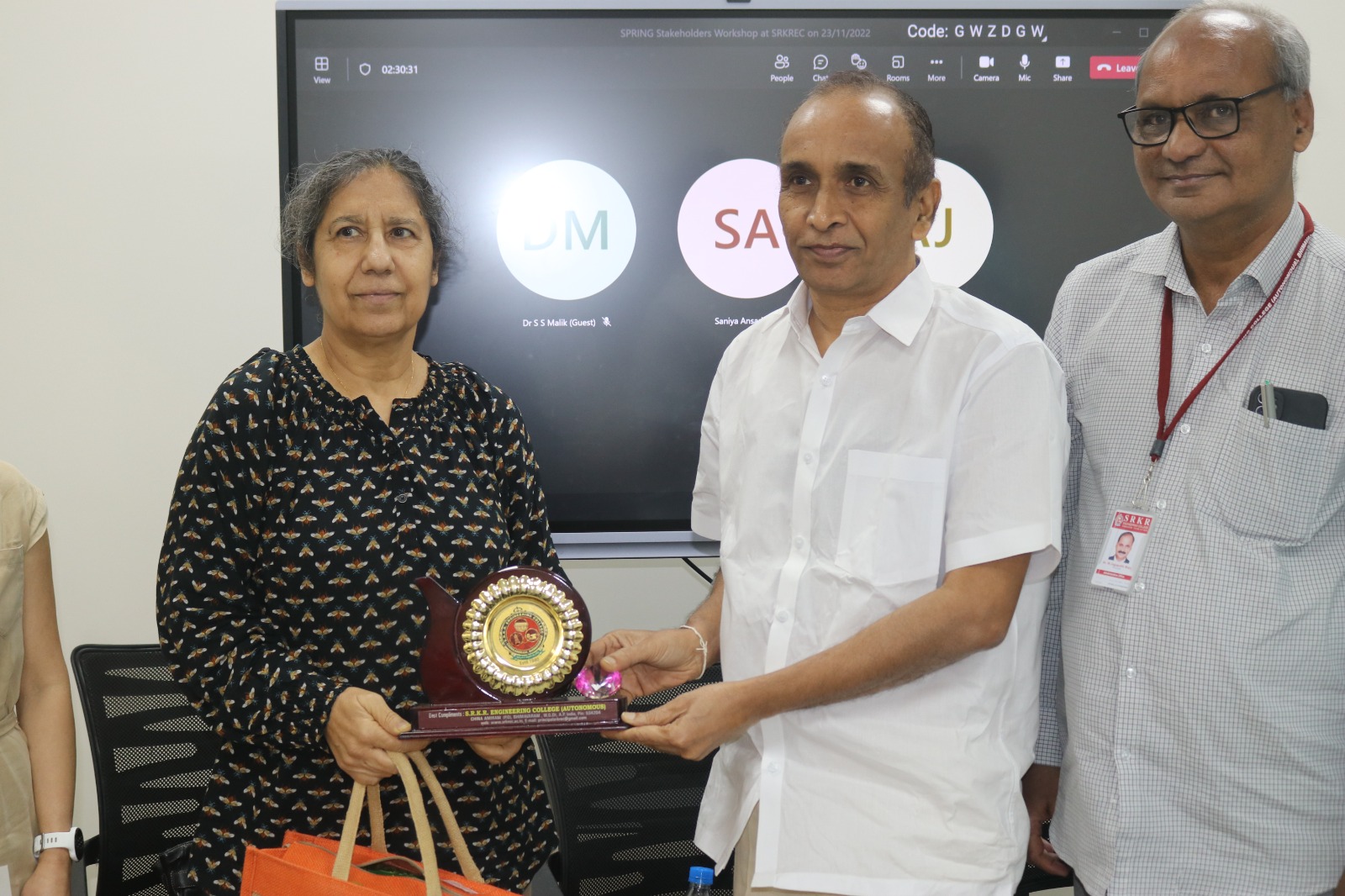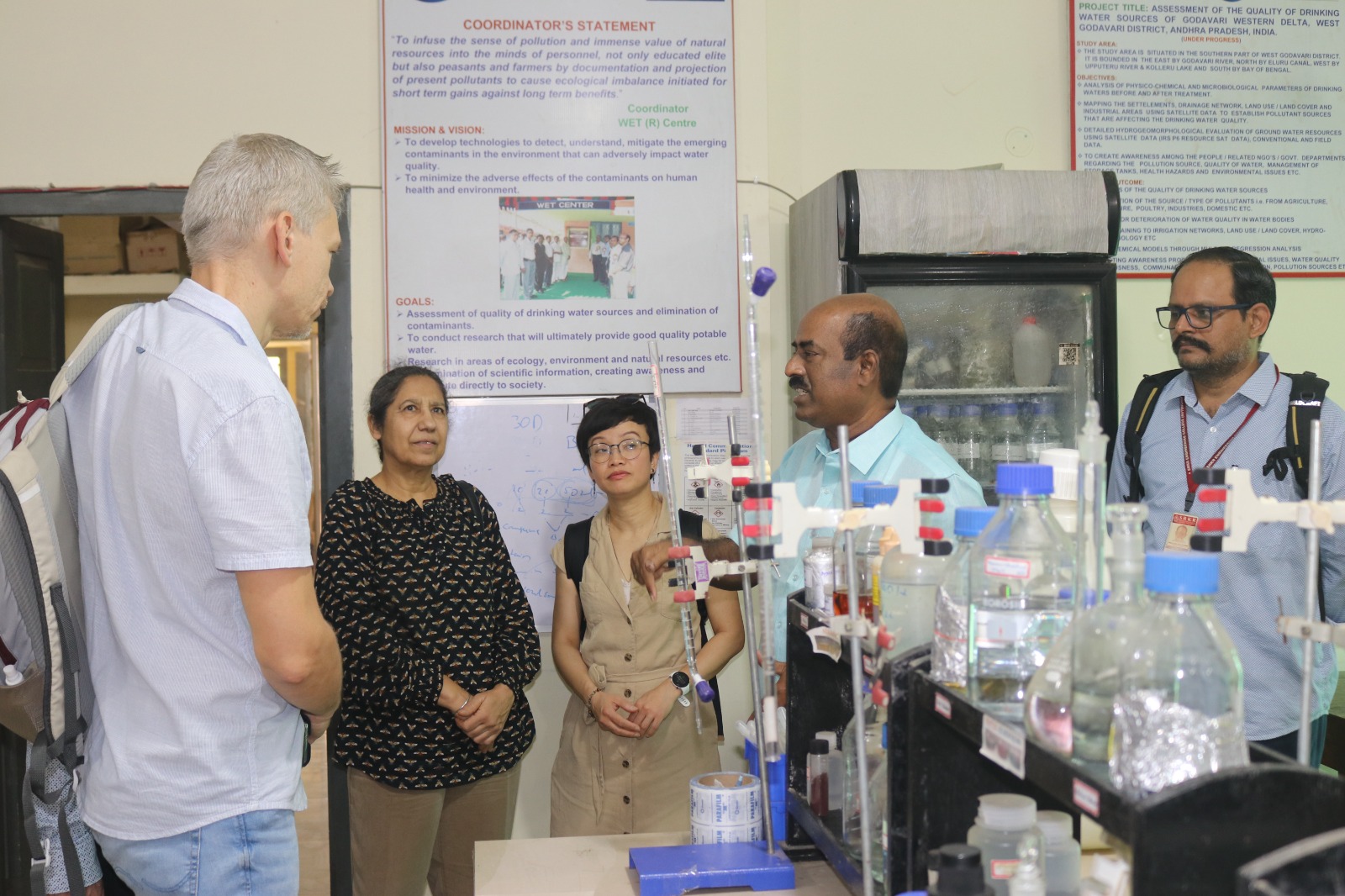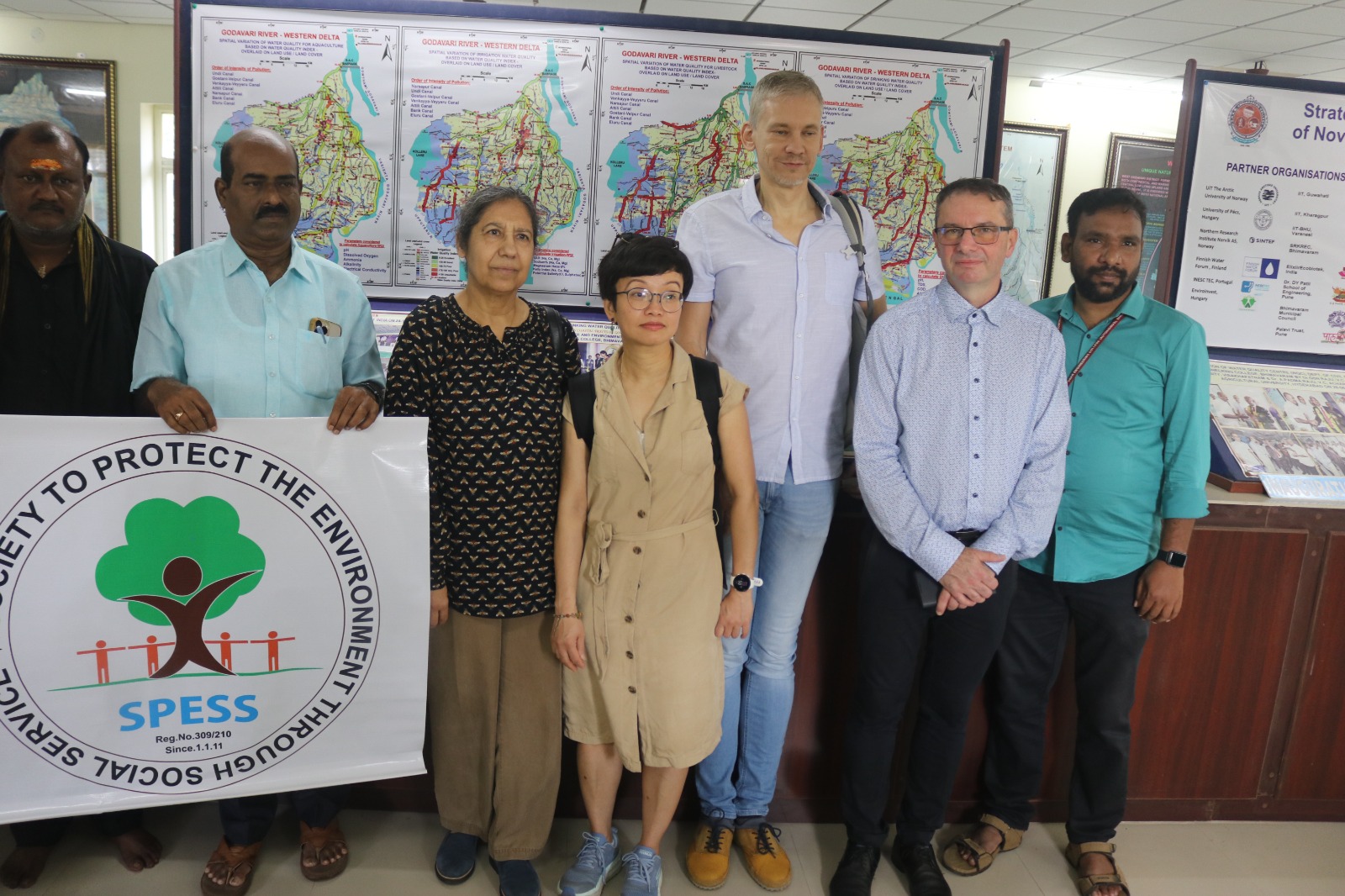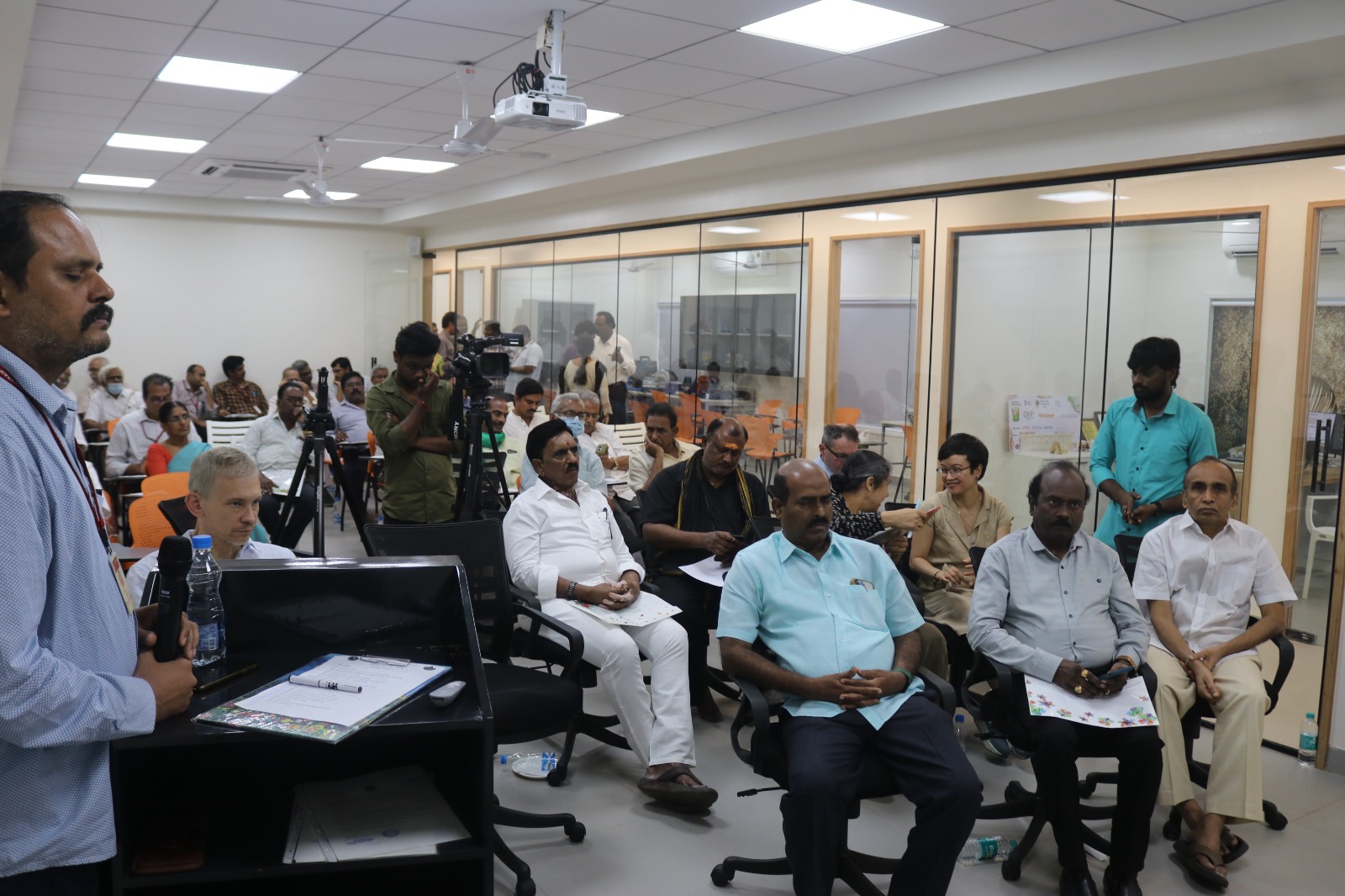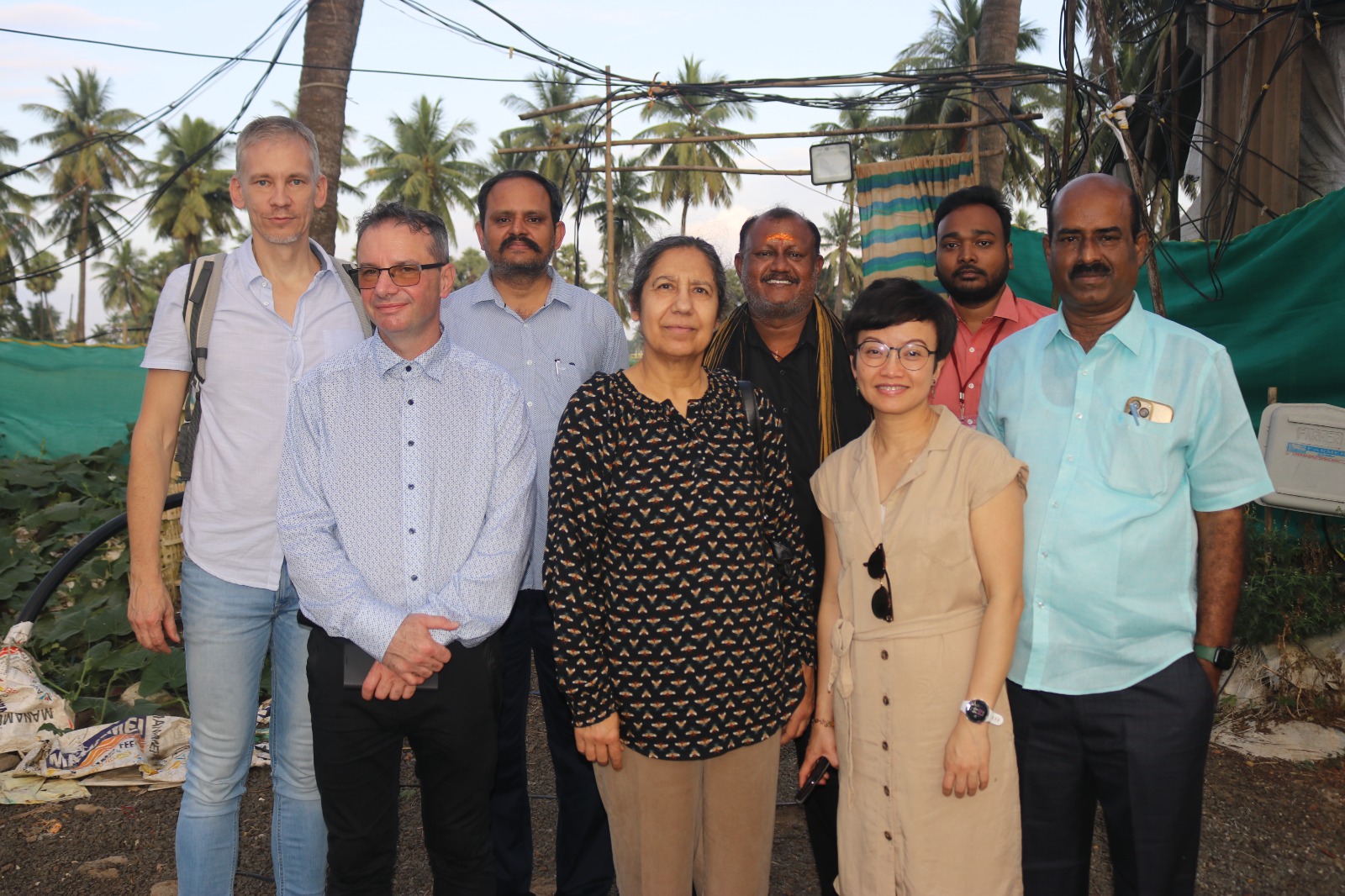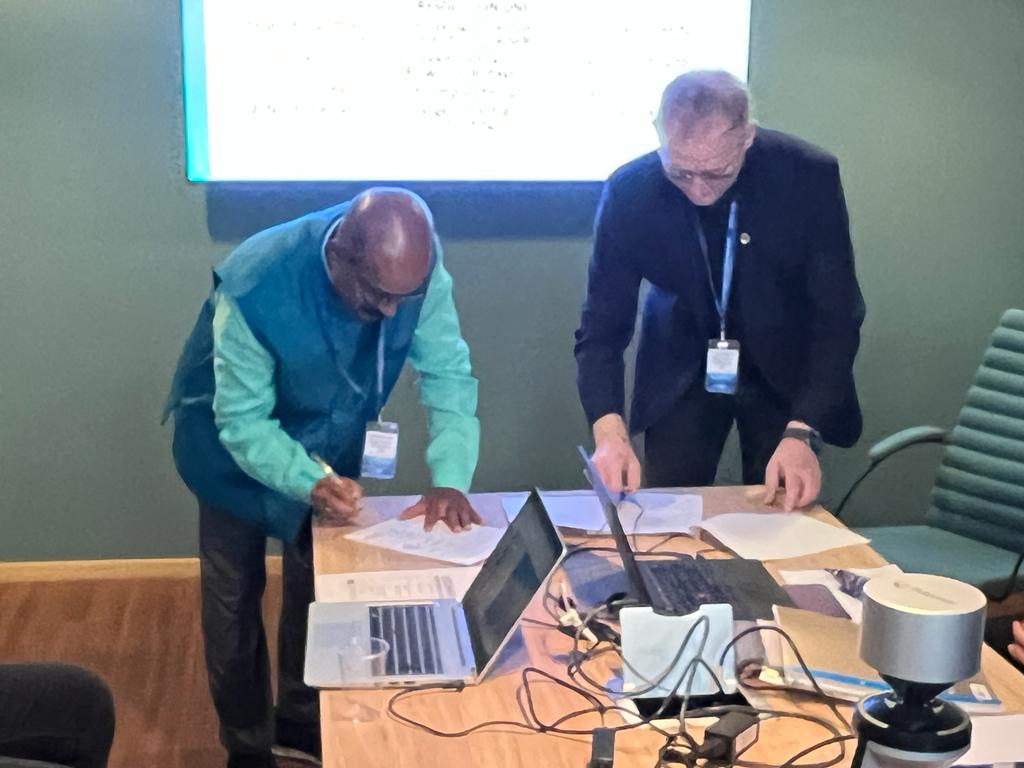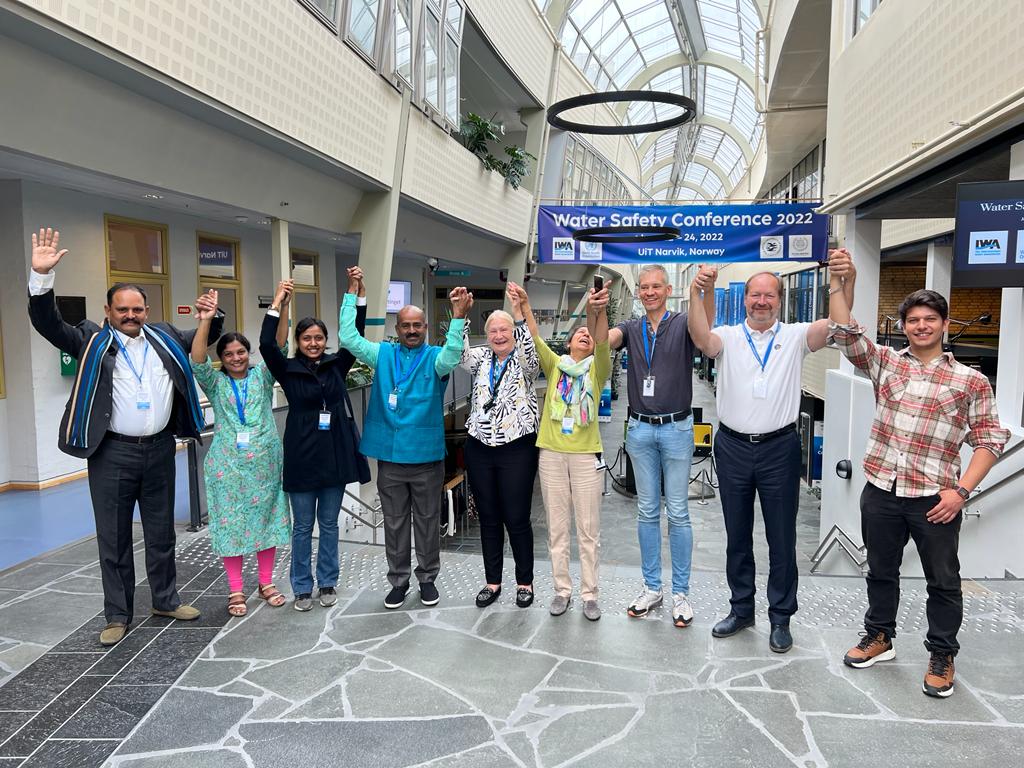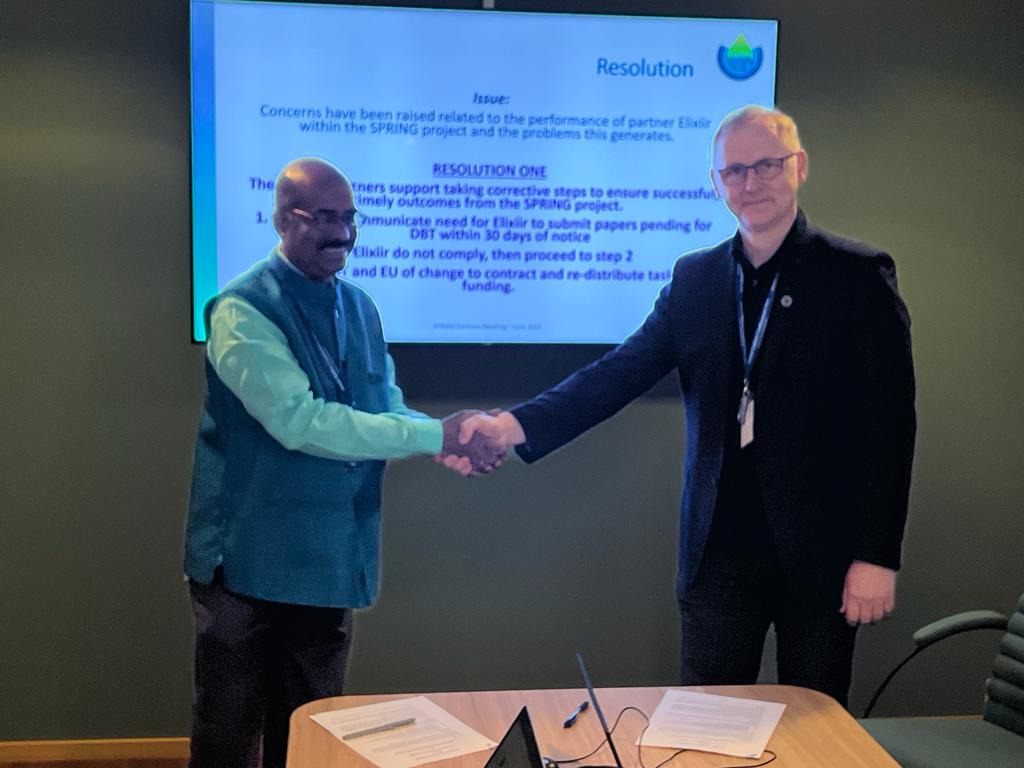- Approvals | Accreditations
- |
- EAPCET / ECET CODE : SRKR
- |
- M.TECH CODE : SRKR1
- |
- BBA CODE : 17086
- |
- Contact Us

- Home
- WET RESEARCH CENTRE
WATER AND ENVIRONMENT TECHNOLOGY (WET) RESEARCH CENTRE
ABOUT US:
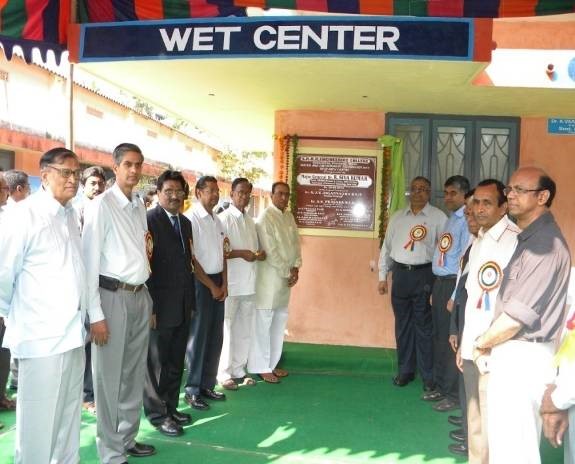 | 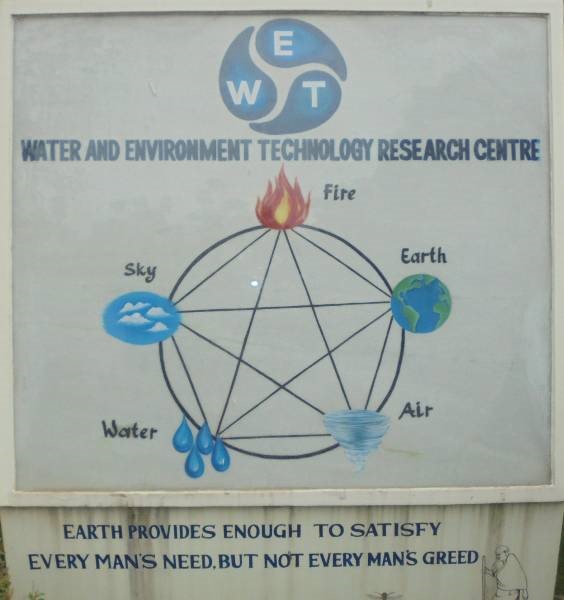 |
Water and Environment Technology (WET) Research Centre was inaugurated on 5th February, 2010 in the Department of Civil Engineering by Major General Dr. R. Shiva Kumar, Head, NRDMS Division, DST, New Delhi with financial support from Department of Science and Technology and the institutional funds of S.R.K.R. Engineering College, Bhimavaram. It focuses on water quality, emerging contaminants and technology for water treatment. The primary mission is Research and Development (R&D) in advanced water and environment remediation systems and to strive to be a core research centre that conducts practical as well as pioneering research. We are employing innovative techniques by integrating basic sciences such as Chemistry, Geology, Hydrology and Microbial Ecology, with practical sciences, such as water process engineering. We are pursuing academic and practical research to meet societal demands through collaborations with researchers at other organisations, who are responsible for administrative action and process management. The physical, chemical and biological contaminants are getting introduced into drinking water systems / sources such as tanks and canals resulting in adversely affecting the water quality in our coastal deltaic environment. The existing rampant dynamics in landuse practices and the intensive application of fertilisers and pesticides are further deteriorating the water quality and posing a potential or actual threat to human health and the environment. The pathogens and other biological entities are causing serious / chronic health hazards. The above facts / results are in concurrence with the information from public health engineers and medical practitioners in the area. Also, the drastic depletion of discharges in canals and drains and the resulting salt water intrusion further complicates the drinking water quality / quantity and the associated environmental, ecological and socio-economic systems. Further, the WET Research Centre focuses on the state of the art technology for wastewater treatment and distribution.
VISION & MISSION:
The WET Research Centre’s vision is to further increase the understanding and awareness on the status of water quality for drinking, industrial, and agricultural needs to benefit the entire bio-flock in the area and also to provide authentic scientific information on the degradation of soils and its impacts on crop yields in the coastal environment. The mission of the Water & Environment Technology (WET) Research Centre is to develop and apply technologies to understand, analyse, mitigate and/or control biological and physico-chemical emerging contaminants in the environment as well as other contaminants that can adversely impact water quality. Furthermore, it focuses on soil quality and mapping and monitoring of environmentally and ecologically fragile zones using integrated geospatial and conventional technologies.
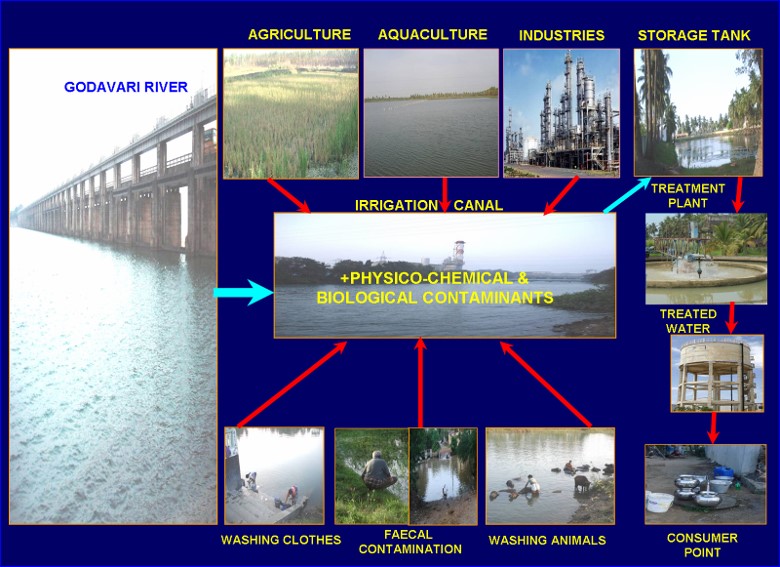
AREAS OF RESEARCH:
Drinking water – Analysis and treatment technologies
Wastewater / Contaminants – Analysis and treatment technologies
Industrial Contamination
Potable water security and distribution
Application of Probiotics
Real-Time Monitoring of Microbial Contaminants in water Distribution Systems
Transport and Dispersion of Contaminants in Water Distribution Systems
Detection and intervention of vulnerable tap water via customer surveillance and enhanced Water Quality Monitoring
Mapping and change detection of environmental and ecosystems degradation

GLOBAL NETWORK :
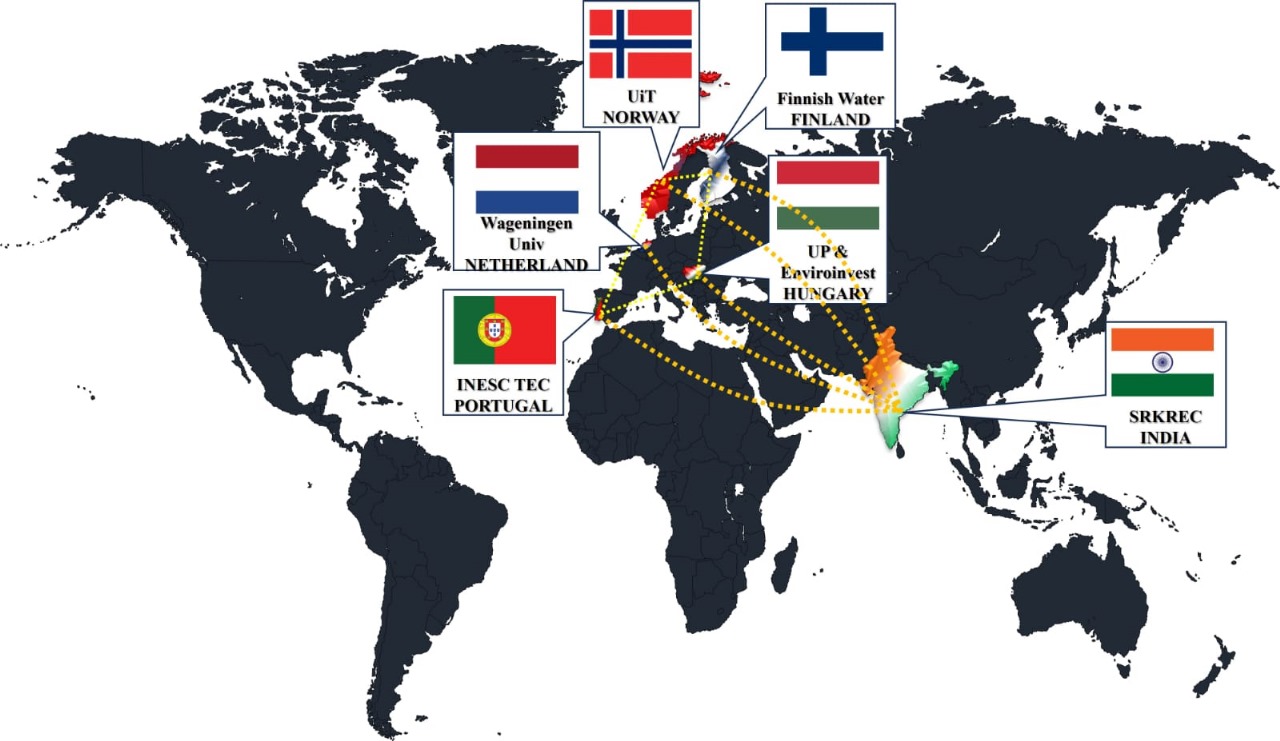
RESEARCH PROJECTS :
ONGOING PROJECTS: View Document
SPRING PROJECT :
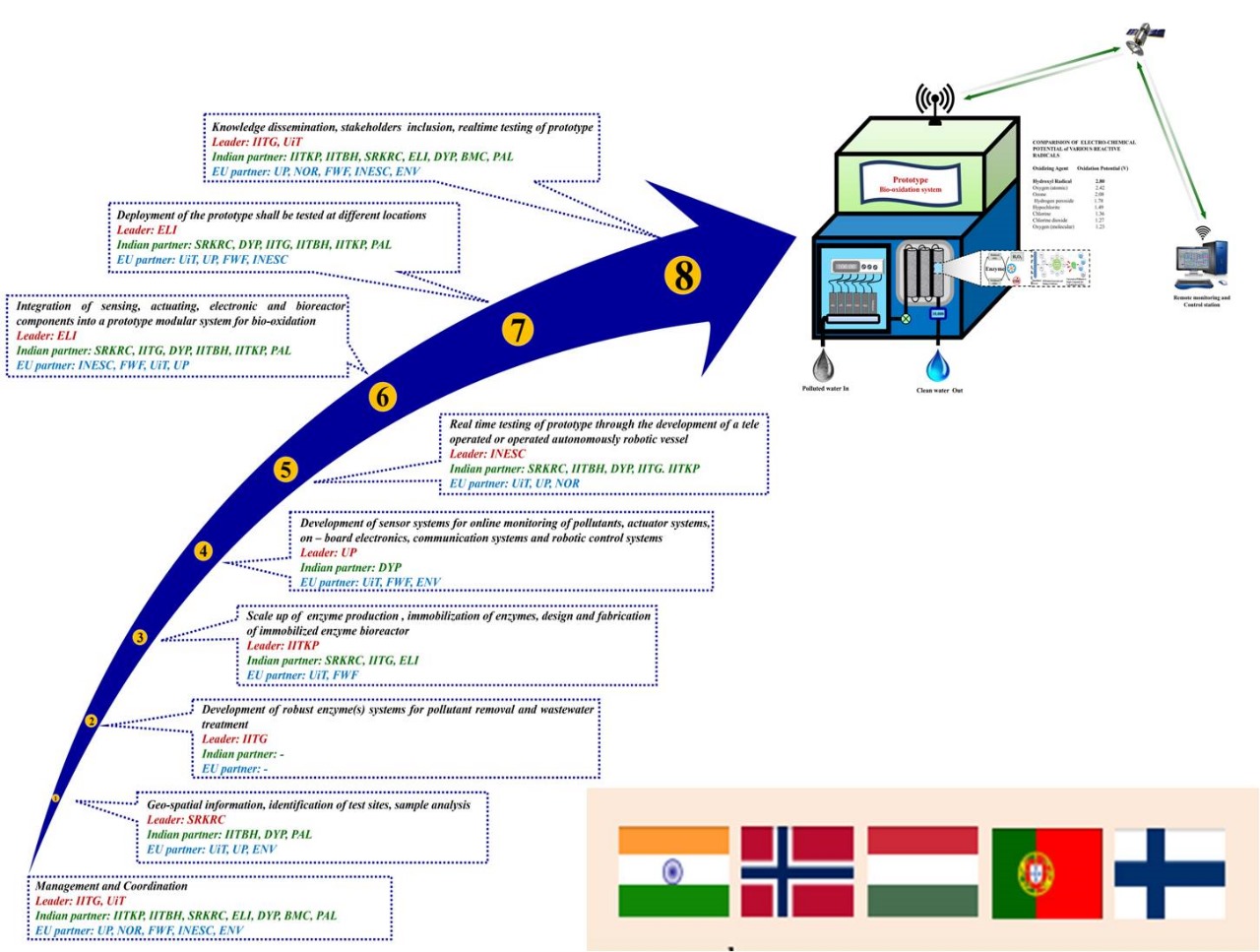
International Workshop
| S.NO | Title of the Project | Sponsoring Agency | Period of Project | Amount Rs/- in lakhs | Status of the Project |
|---|---|---|---|---|---|
| 1 | Strategic Planning For Water Resources And Implementation Of Novel Biotechnical Treatment Solutions And Good Practices (SPRING) (Indo-Europe Water Challenge Collaborative Project) BT/IN/EU-WR/60/SP/2018 | DBT, Govt. of India | 2020-2024 | 146.4028 | Ongoing |
| 2 | Mobile based asset mapping for Panchayats / Equivalent Bodies of West Godavari District on GIS Platform | NRSC-ISRO, Hyderabad | 2017- 2018 | 18.18 | Completed |
| 3 | Ground Truth Verification Of Land Use / Cover, Andhra Pradesh State And Ported To Bhuvan’s Portal Directly Using Mobile App. | NRSC-ISRO, Hyderabad | 2017- 2018 | 2.7 | Completed |
| 4 | Mobile based asset mapping for Panchayats / Equivalent Bodies of East Godavari District on GIS Platform | NRSC-ISRO, Hyderabad | 2017- 2018 | 21.38 | Completed |
| 5 | Assessment of the quality of drinking water sources of Godavari western delta, West Godavari district, Andhra Pradesh, India. (No.DST/TM/WTI/2K14/18 3) | WTI-DST | 2014- 2016 | 35.43 | Completed |
| 6 | Impact of aquaculture on soils and groundwater quality in parts of the coastal tracts of Godavari central delta, Andhra Pradesh | Mission Cell : Solar energy and Water, DST New Delhi | 2012- 2015 | 29.93 | Completed |
| 7 | Spatial Data base Generation on Lithology, Structure, Geomorphology of Northern part of Kolleru - Upputeru catchment using Remote sensing and GIS techniques. | NRDMS Division, DST, New Delhi | 2009- 2014 | 31.39 | Completed |
| 8 | Application of probiotics in treating drinking water | Mission Cell : Solar energy and Water, DST New Delhi | 2009- 2012 | 33.57 | Completed |
| 9 | Evaluation of land and water management systems of Kolleru lake and its adverse effects on fragile coastal geo-environment using spatial information techniques | SERC Division, DST, New Delhi | 2007- 2009 | 9.52 | Completed |
| 10 | Collaborative research program on Kolleru lake and Upputeru estuary rehabilitation study | WAGENENGI N UR, Nether Lands | 2006- 2007 | 15 | Completed |
| 11 | Integrated Geo-Environmental evolution for sustainable development on watershed basis using remote sensing, GIS and Conventional data sets. | NRDMS Division, DST, New Delhi. | 2005- 2008 | 20.45 | Completed |
SPECIFIC GOALS:
To evaluate the quality of water and develop methods to remove contaminants and make it suitable for drinking and domestic purpose. The developed technologies are to be transferred to the public / society.
To conduct research that will ultimately provide potable water.
To enhance our areas of research to climate change dynamics and its environmental impacts including sea level rise and sea water intrusion, coastal dynamics, develop models on water quality and irrigation water management to predict future scenarios in order to sustain the deltaic plains for the future generations
To evaluate the land and water management practices on a micro-level and adopt sustainable management practices
LABORATORIES:
The WET Research Centre comprises of Water Quality Centre (WQC) and Soil Analysis Centre (SAC). The WQC operates in two laboratories that include a physico-chemical laboratory and a micro-biological laboratory.
These centres / laboratories perform analysis on samples including soils, wastes, effluents, plant materials, etc., The faculty and Research staff associated with different labs i.e. physico-chemical, biological and soil analysis labs, work closely with public / society and provide them results of analysis and appropriate solutions.
PHYSICO-CHEMICAL LAB:
The Lab is equipped to perform physical and chemical analysis on water, soil, wastes and effluents using state of the art analytical equipment, in the following categories:
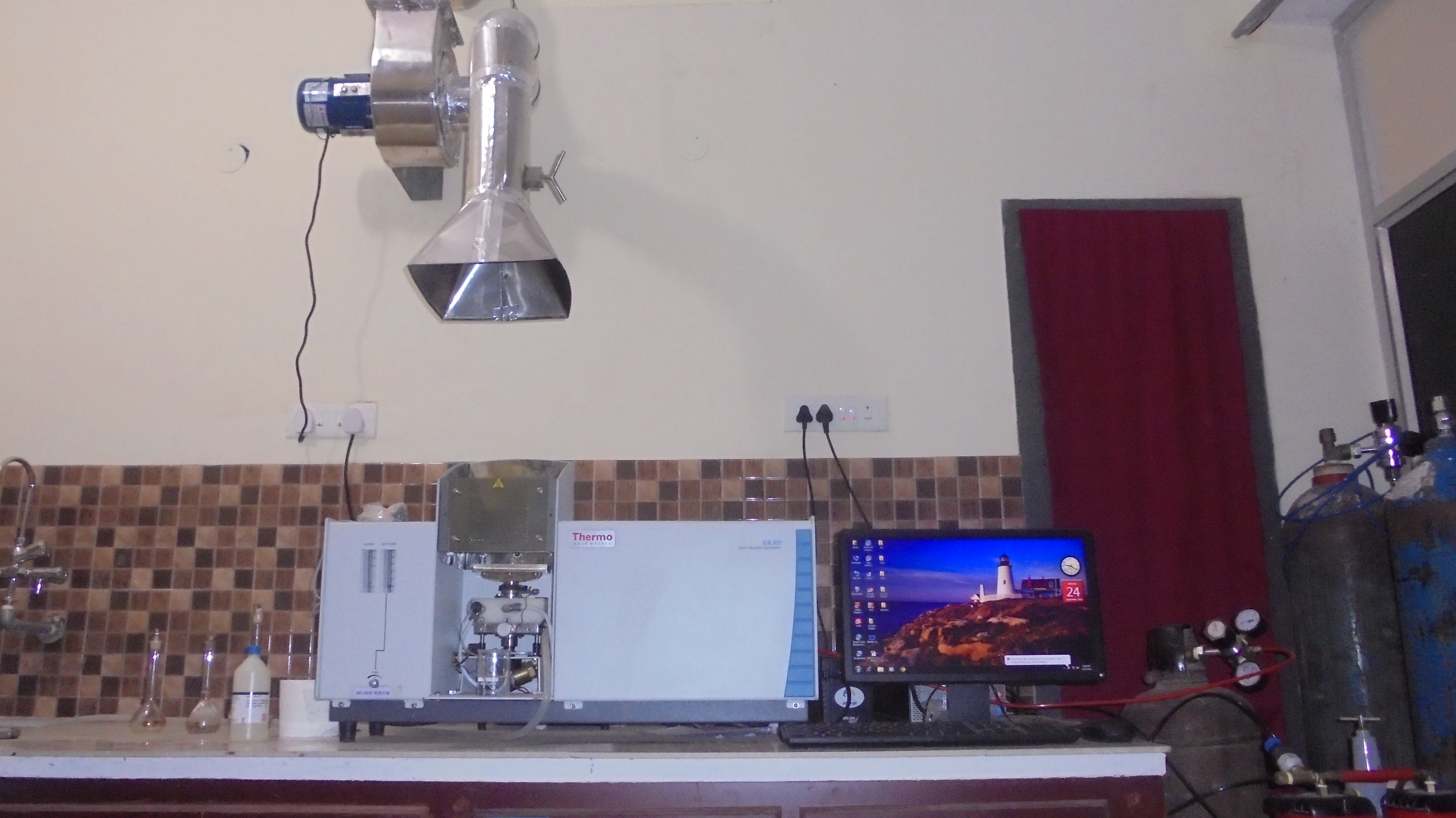 |
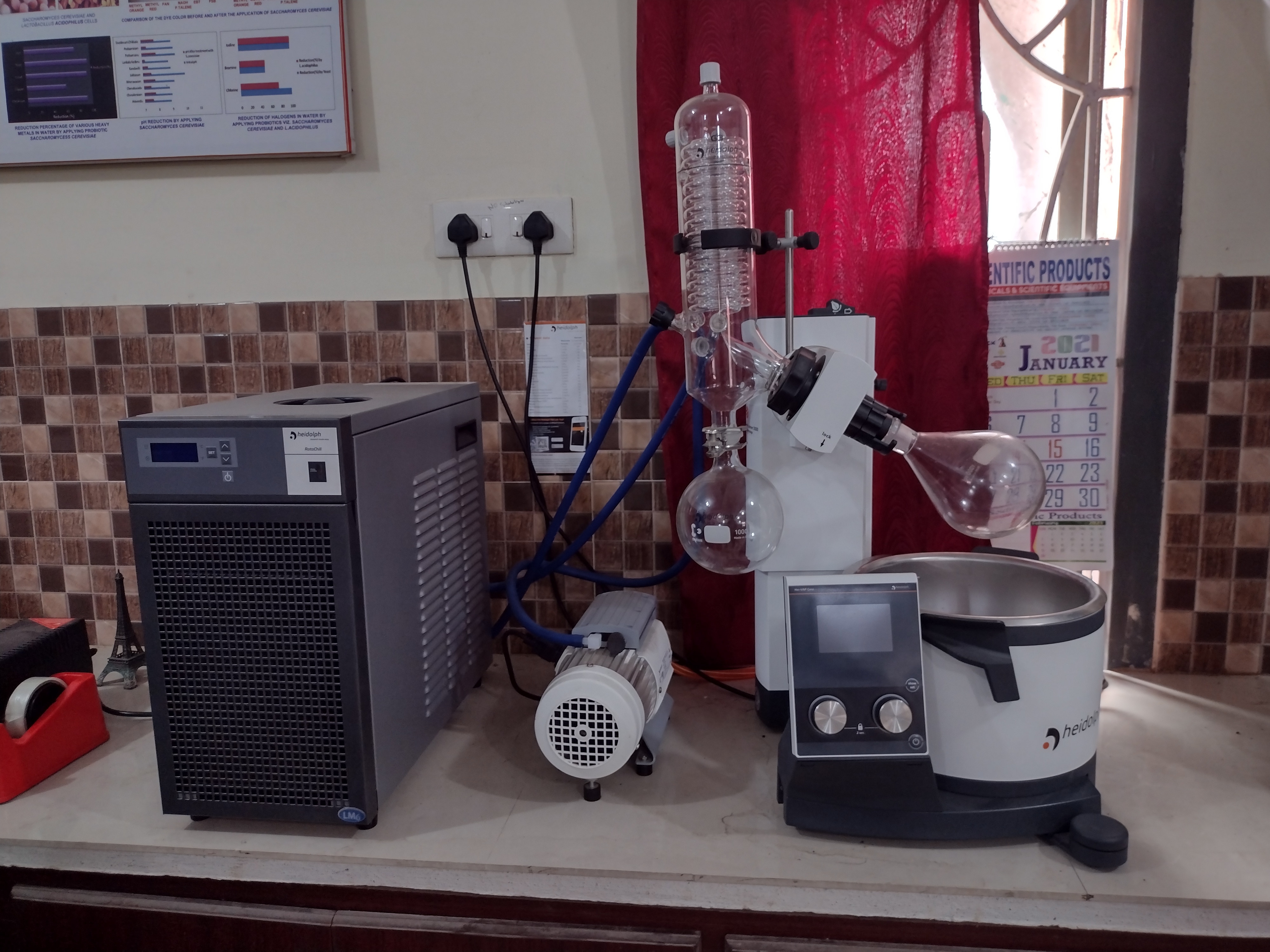 |
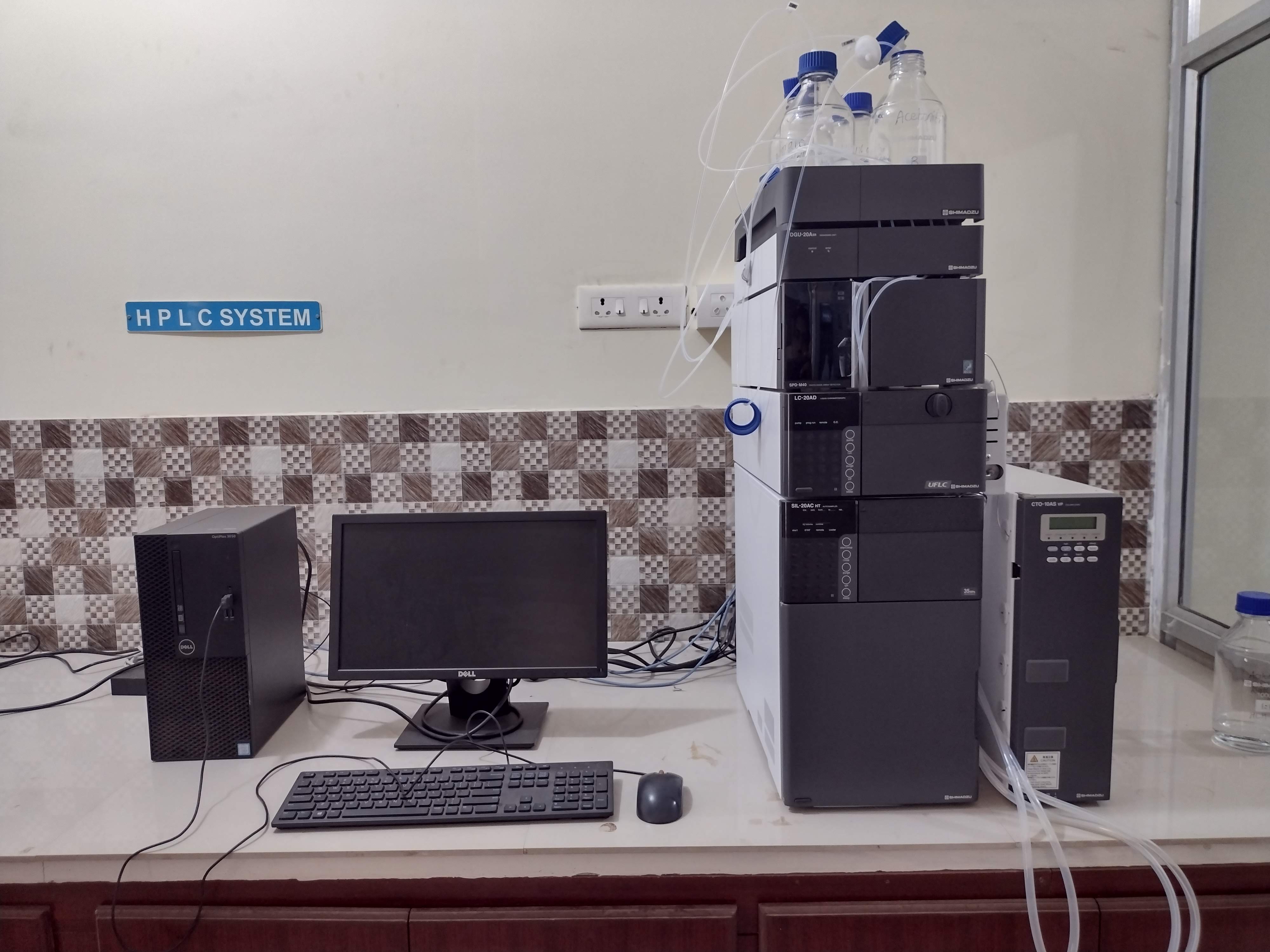 |
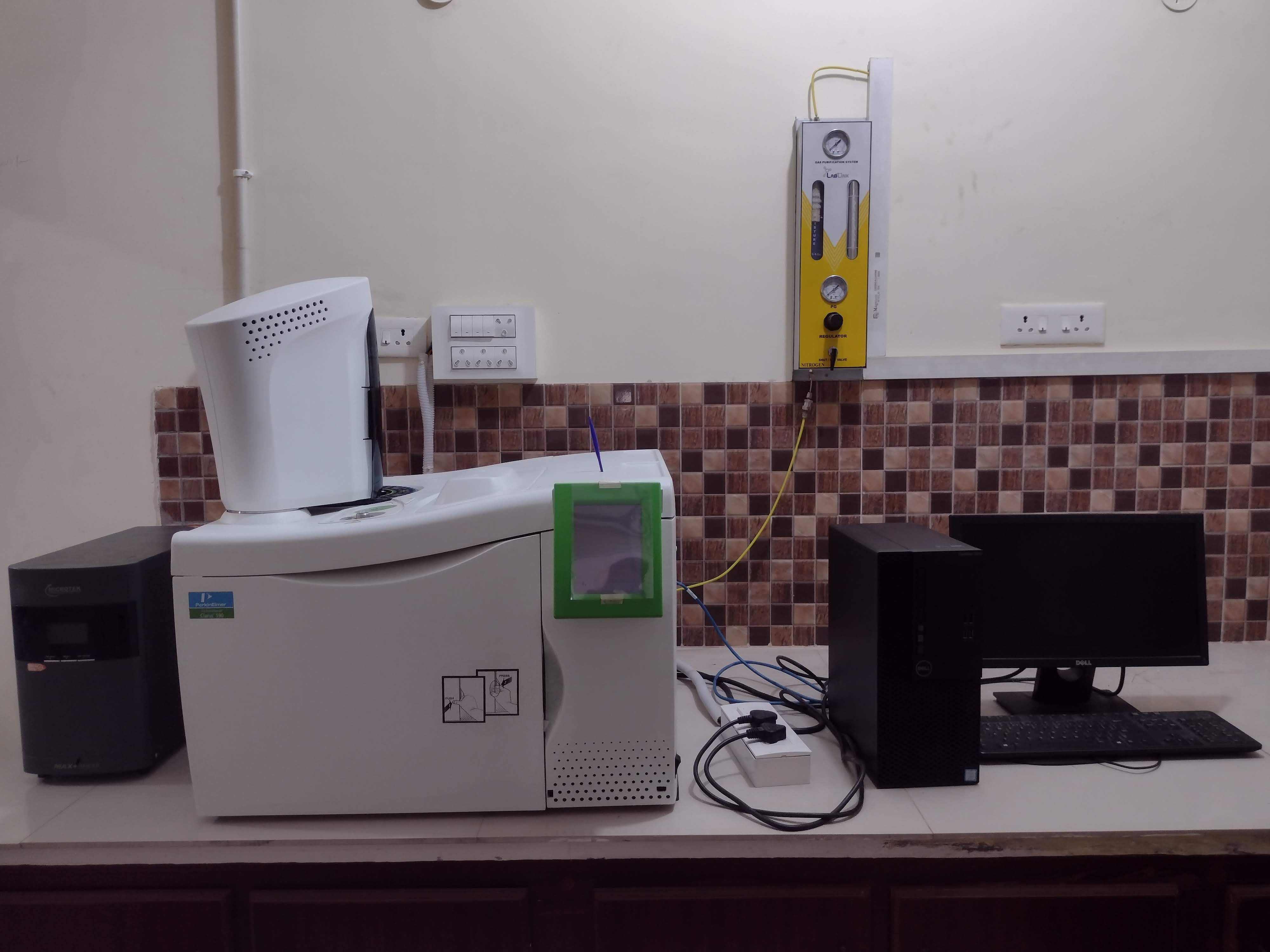 | 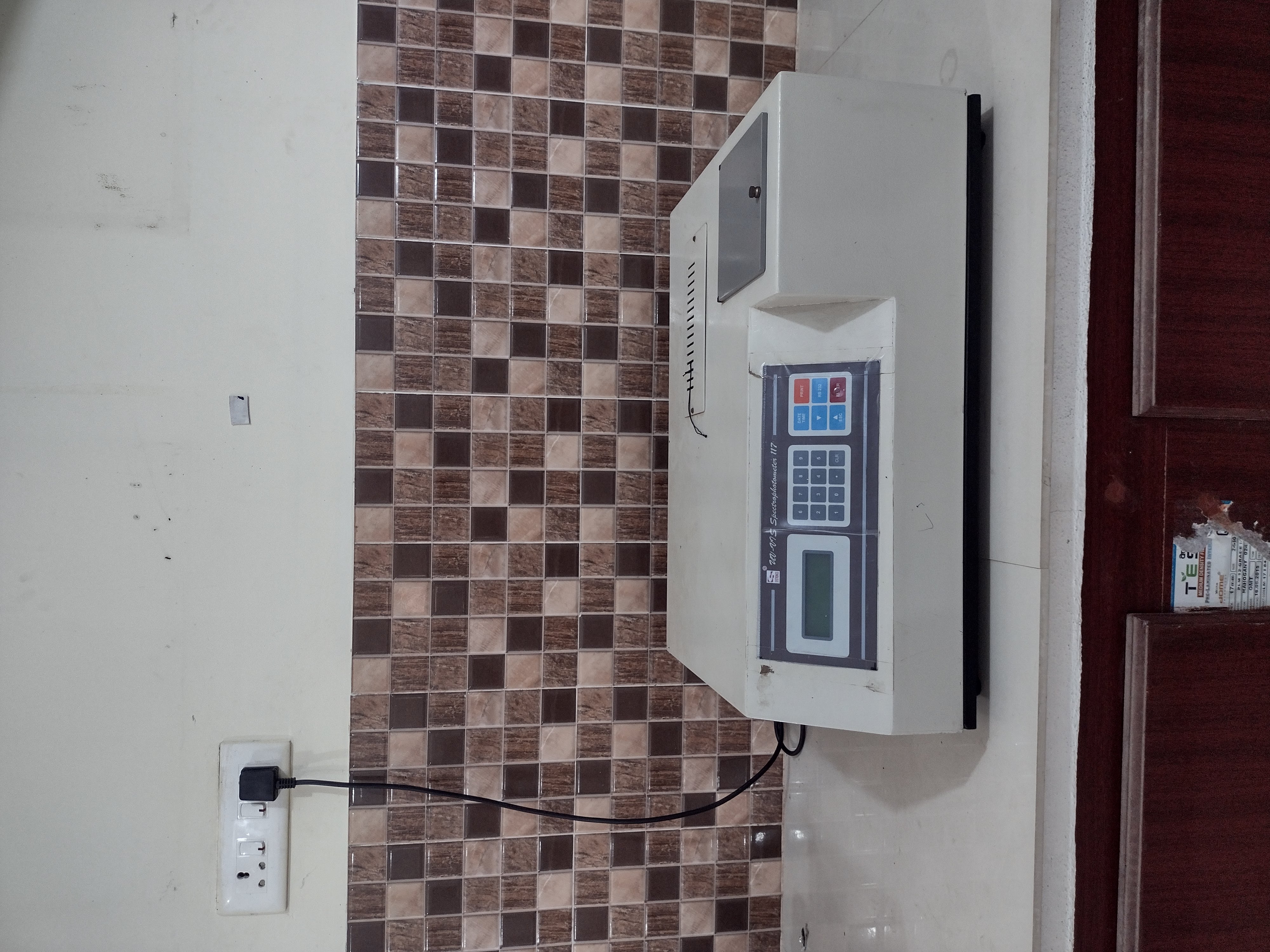 |
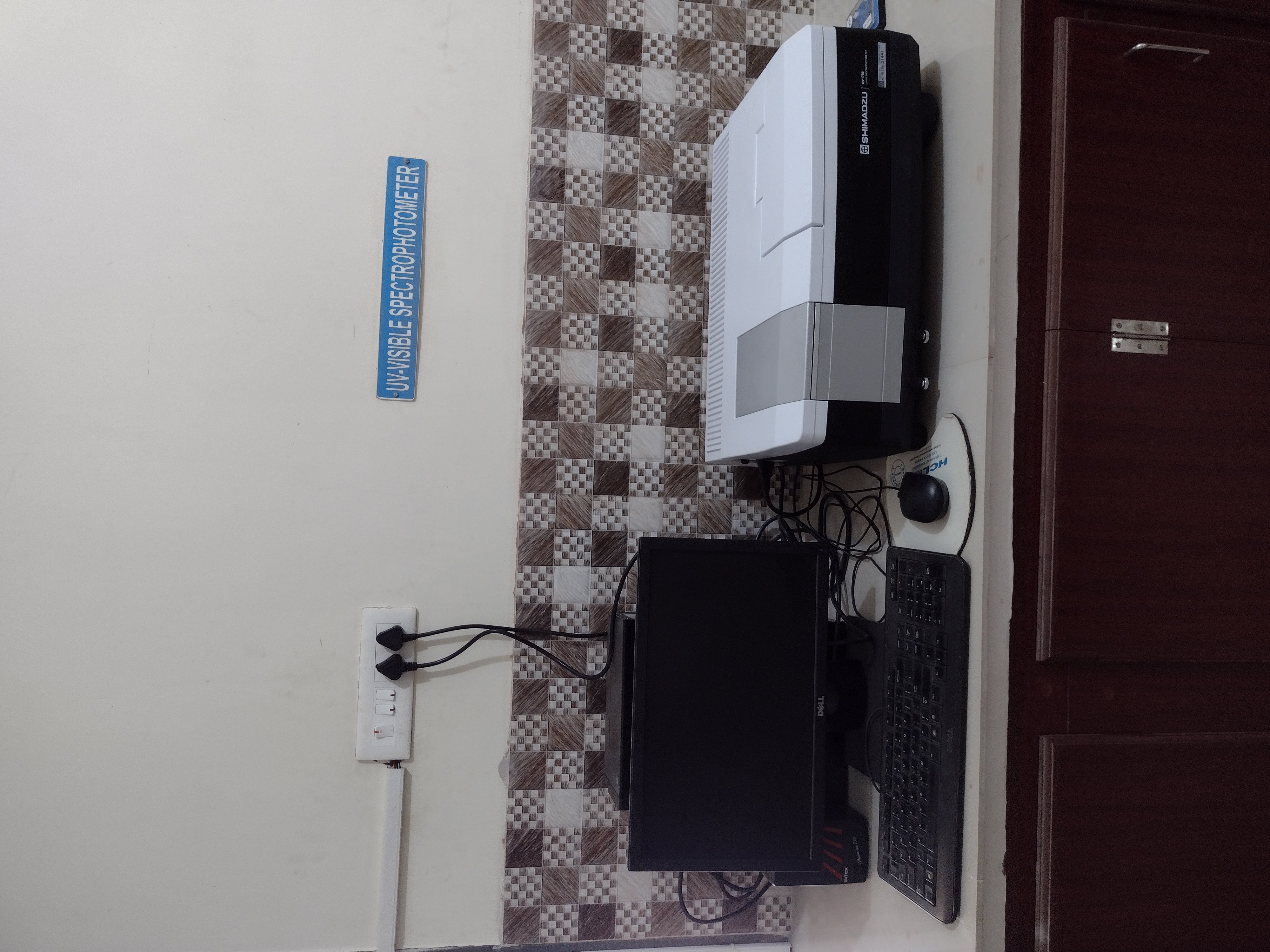 |
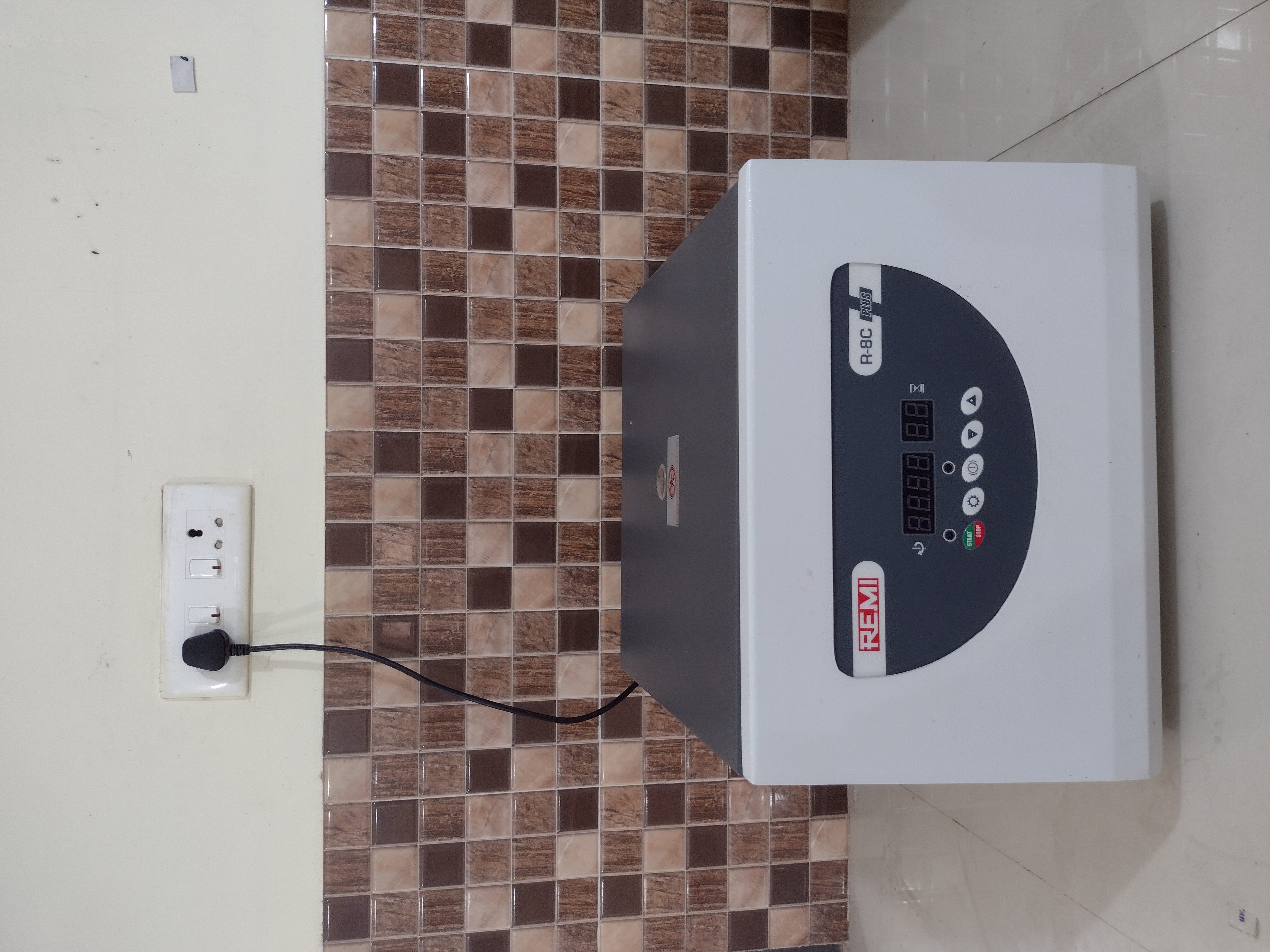 |
Inorganic analysis of all types of water samples including drinking water, wastewater and effluents.
Analysis for suitability of water / soil for Construction / Poultry / Aquaculture / Industry etc., by estimating metals, soils, anions, cations etc.,
Analysis of elements such as Total Organic Carbon, Nitrogen, Sulphur etc., of solid samples like soil, vegetation and waste.
Analysis of Water samples for alkalinity, acidity, dissolved solids, ammonia, nitrite, nitrate, heavy metals, pesticides etc.
BIOLOGICAL LAB:
The WQC Lab performs / assays the detection of pathogenic bacteria in water/soil/effluents samples for
Total Coliforms
Fecal Coliforms
E-Coli
Salmonella.
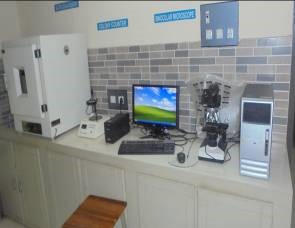 | 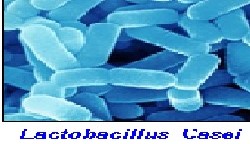 |
WATER QUALITY PARAMETERS:
Physico-Chemical Characteristics:
pH
Total Dissolved Solids
Electrical Conductivity
Salinity
Turbidity
Ammonia
Nitrite
Nitrate
Iron
Lead
Zinc
Cadmium
Manganese
Chromium
Available Chlorine
Chloride
Residual Chlorine
Sodium
Potassium
Sulphates
Alkalinity
Hardness
Dissolved Oxygen
BOD
COD
Phosphates
Nitrogen
Phosphorous
Suspended Solids
Organic Matter
Inorganic Matter
Total Organic Carbon
Pesticides
|
|
|
|
Bacteriological Characteristics:
Most Probable Number (MPN)
Total Fecal Coliform
Total Bacterial Count by plate count method
E.Coli by plate count method
H2S Vial Test
SOIL ANALYSIS CENTRE (SAC):
The SAC is well equipped to analyse soils for various Physico-Chemical parameters in the following categories:
Soil analysis for inorganic minerals to check their optimum range
Analysis of soil for its suitability in construction / agriculture by analysing percentage of silt, sand, clay etc.,
Analysis of elements such as total organic carbon, sodium, potassium, zinc, copper, iron, manganese etc.,
Soil analysis to assess the impact of aquaculture practices on agriculture
ANALYSIS OF SOIL QUALITY PARAMETERS:
pH
TDS
Electrical Conductivity
Total Organic Carbon
Nitrogen
Sulphur
Phosphorus
Sodium
Potassium
Zinc
Iron
Manganese
|
|
|
EQUIPMENT / FACILITIES:
Chromatography
Atomic Absorption Spectrophotometer (AAS)
HPLC (ISOCRATIC)
U.V S Gas pectrophotometer
Magnus-MLX Microscope with Digital camera
Biological Incubator
BOD & COD Equipments
Millipore Unit
pH meter
TDS meter
Equipment for classical analysis
Equipment for MPN tests and pathological microbes
Kjeldahl Apparatus
Flame Photometer
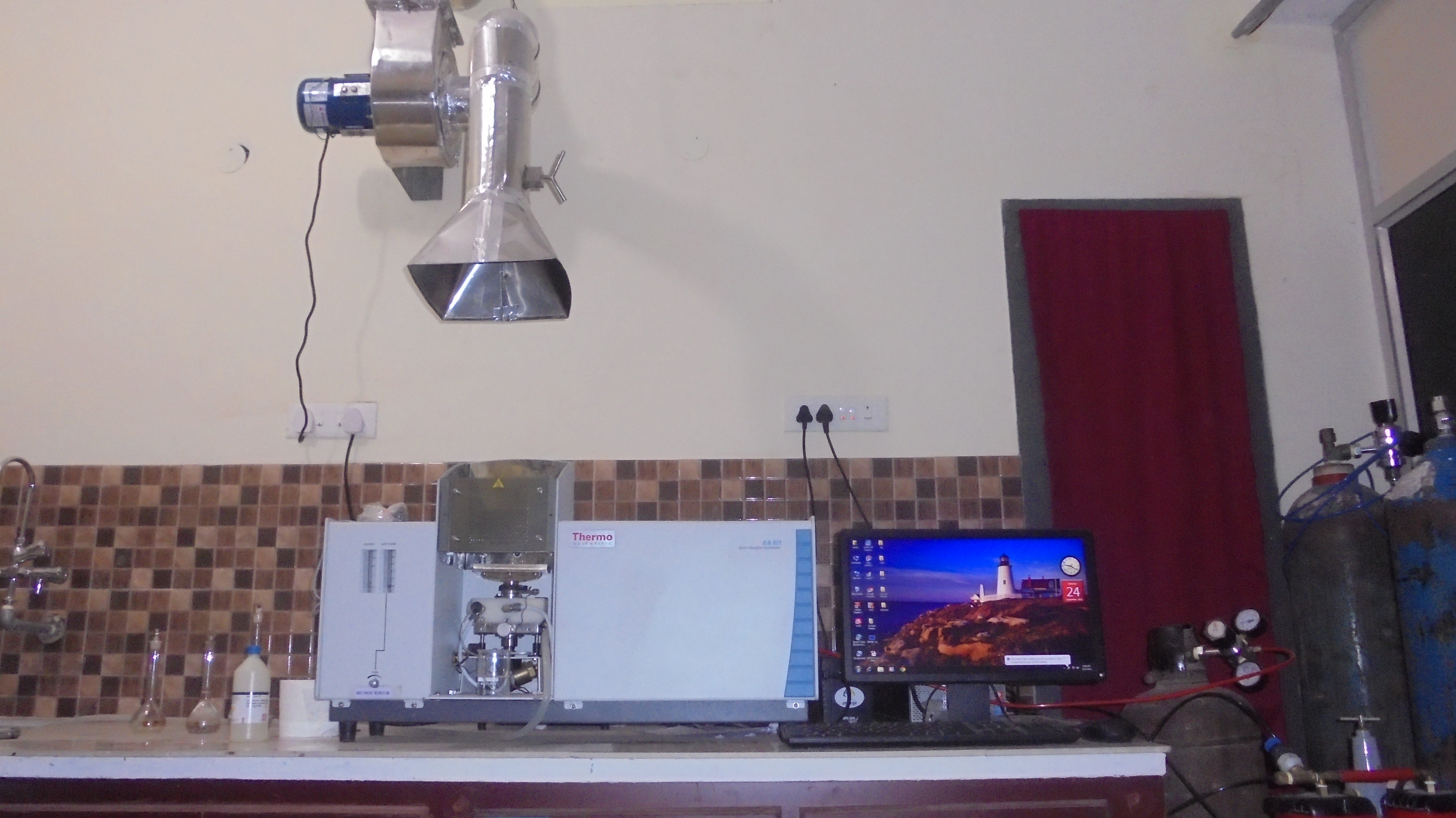
| 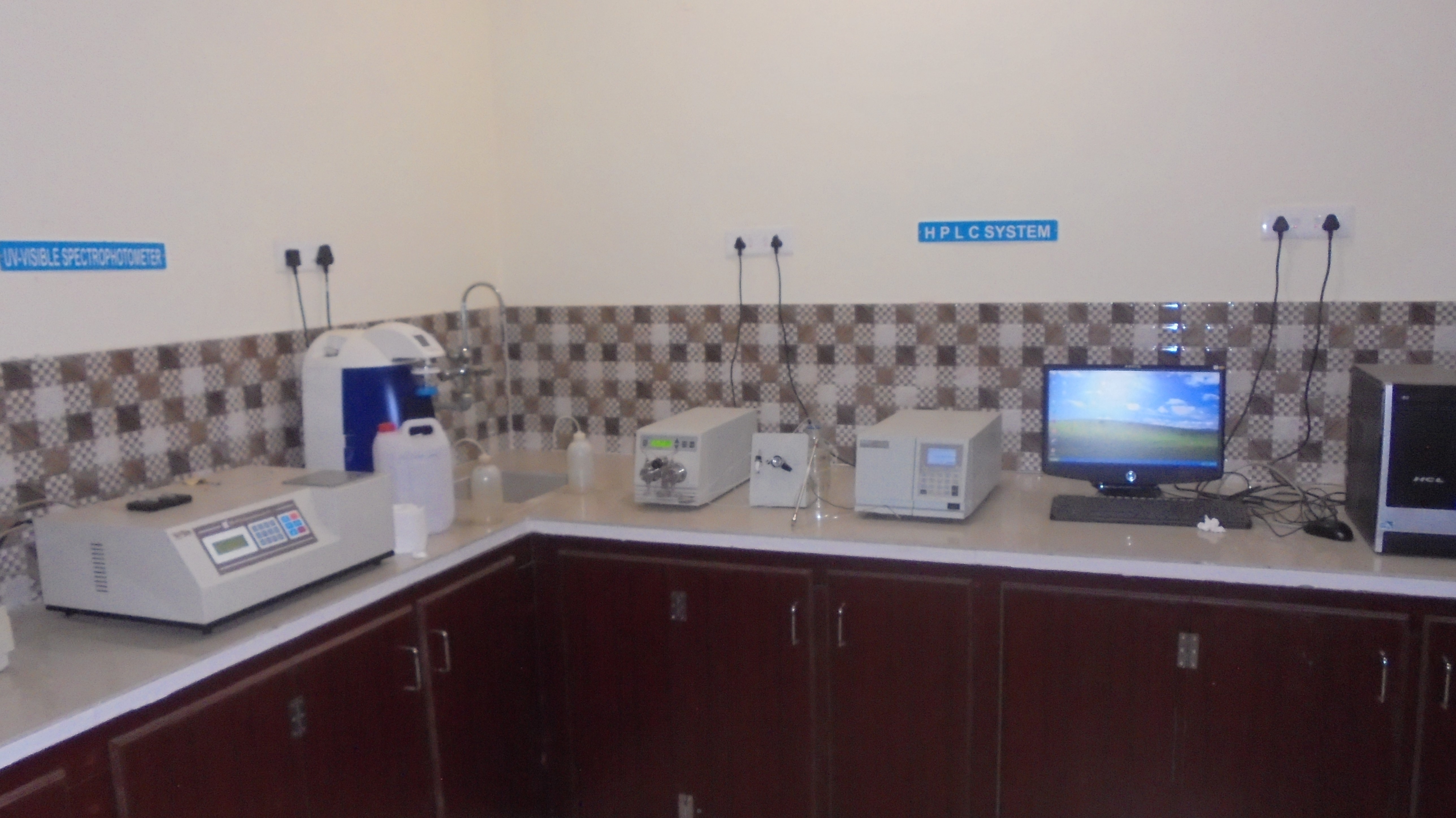 |
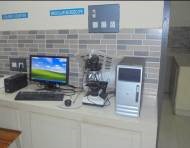 |
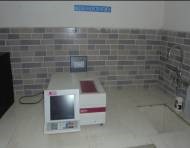
| 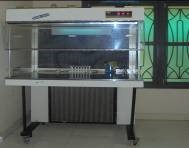 |
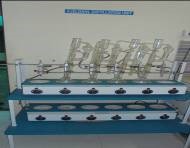 |
TEAM:
| Name of the Centre | Name Of The Head/Coordinator | Name of the Co-Coordinator | Name of the Member(s) |
|---|---|---|---|
| Water and Environment Technology Research Centre (WET) | Dr. PARK Raju | Dr. P. Raghuram | Dr. M. Jagapathi Raju Dr. A.S. Raju Dr. G. Suribabu Dr. T. Rambabu Dr. Thokhir Basha Shaik N. Siva Kishan J. Jeevan Kumar |

